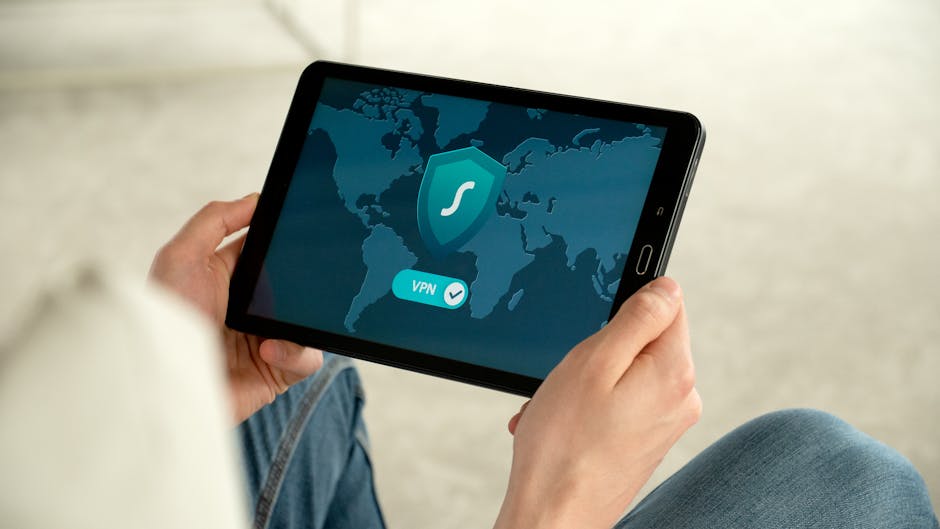The Invisible Pen: Digital Twins and Metaverse IP Rights
In an age where our digital selves are becoming more pronounced, the nuances of intellectual property (IP) laws are rapidly evolving alongside technological advancements. Digital twins—virtual replicas of physical entities—are leading a groundbreaking shift in how we perceive rights and privacy in the metaverse. As these digital entities become commonplace, the legal landscape struggles to keep up, leaving individuals and businesses navigating a murky atmosphere rife with questions and uncertainties.
Understanding the implications of digital twins on intellectual property rights is essential for creators, manufacturers, and any individuals venturing into the metaverse. This article will delve into how current laws may be inadequate, providing insights on managing digital rights, ownership, and liability issues in a rapidly changing digital world.
What Are Digital Twins?
At their core, digital twins are virtual representations of physical assets, people, or systems mapped in real-time. The idea originated in industries like manufacturing and engineering to enhance performance, predict outcomes, and streamline operations. However, the concept has transcended these realms, reaching into everyday life, entertainment, and beyond.
Imagine walking through a virtual version of your house or trying on clothes through digital avatars that mimic your exact dimensions. These applications demonstrate the potential of digital twins in the metaverse. However, they also bring an array of questions regarding ownership, privacy, and intellectual property rights.
The Intersection of Digital Twins and Intellectual Property Laws

Intellectual property laws are traditionally designed to protect creators from unauthorized use of their work. But as we move deeper into the digital realm, these laws reveal critical gaps. For example, when a digital twin is created, who owns the likeness? Is it the original person or entity, or does the digital version possess its own rights?
The U.S. Copyright Office has yet to establish clear guidelines that explicitly define the ownership of digital twins, creating confusion and potential legal challenges. Furthermore, with the rise of virtual influencers—entities entirely constructed within the metaverse—the need for updated legal frameworks becomes urgent.
Case in Point: Who Owns Your Digital Twin?

Consider a scenario where a company creates a digital twin of a customer for personalization reasons. While the customer may appreciate the tailored experience, they might not realize that they’ve essentially given away their likeness without the proper safeguards. If the digital twin behaves inappropriately or is part of a data breach, who is liable?
Experts argue that existing IP laws do not adequately address such dilemmas. According to Harvard Business Review, lawmakers must re-evaluate current regulations to protect rights in the face of advancing technology.
Navigating the Legal Maze: Current Laws vs. New Realities

As digital twins rise in popularity, they also conjure various legal dilemmas, from privacy infringements to ownership disputes. Below are some key legal aspects to consider as an individual or business venturing into the realm of digital twins.
1. Data Ownership Challenges

Who owns the data generated from a digital twin? Does the user have rights over their information, or does the company hold all the power? Various jurisdictions are grappling with data ownership laws, but none offer a one-size-fits-all solution.
The European Union's General Data Protection Regulation (GDPR) mandates that individuals possess certain rights over their data. However, similar regulations are absent in many parts of the world, complicating matters significantly. Thus, understanding your rights as a digital twin user is crucial.
2. Liability and Responsibility Issues

Digital twins, especially when deployed in high-stakes situations like healthcare or autonomous driving, can pose serious liability questions. If a digital twin makes a mistake or malfunctions, who is responsible? Is it the company behind the technology, the creator, or the end-user?
These inquiries necessitate a robust legal framework to delineate right from wrong, which is currently lacking. Legal representatives advise clients to draft comprehensive contracts that outline rights and responsibilities when navigating this complex digital landscape.
3. Implications for Privacy

Privacy is another significant concern when it comes to digital twins. The more accurate a digital twin is in mimicking its real-world counterpart, the more data it collects. This raises questions about consent and the ethical use of personal information. How can one ensure that their data isn’t used inappropriately?
Understanding privacy rights, especially in virtual ecosystems, can be exhilarating yet daunting. Resources like our article on The Erosion of Digital Privacy can provide guidance on managing these complex issues.
Intellectual Property Rights in the Metaverse: What You Need to Know

As we march further into the metaverse, it’s vital to grasp the nuances of intellectual property as it relates to digital twins. Here are some practical tips:
1. Establish Ownership Early

If you're creating a digital twin or are involved in developing any digital asset, make ownership clear from the outset. Contracts should specify who holds the rights and how they can be utilized.
2. Create Clear Consent Mechanisms

Implement straightforward consent mechanisms that outline how personal data will be used when creating digital twins. Inform users about their rights, thus fostering transparency while minimizing future liabilities.
3. Monitor Evolving Legal Standards

Stay updated on emerging laws and regulations as the legal landscape evolves. Staying well-informed will help mitigate risks associated with intellectual property and data management.
Besides the articles mentioned earlier, you can find more specific insights in "Decoding Digital Twin Law: Ownership, Privacy, and Liability Insights" for further exploration on legal implications related to digital twins.
Keeping Your Digital Identity Safe

In a world that blurs the lines between physical and virtual realities, protecting your digital twin involves more than just accepting terms and conditions. Consider the following practices:
1. Limit Personal Information Sharing

Be selective about the data you provide to platforms that create digital twins. The less personal data you share, the fewer risks you face in terms of privacy infringements.
2. Use Privacy Controls
Leverage privacy features offered by digital platforms, taking advantage of settings that limit who can access your digital twin and associated data.
3. Stay Informed and Advocate for Change
Engage in conversations about digital rights, advocating for laws that protect individual guarantees in the digital space. The more people that voice their concerns, the more pressure there is for lawmakers to act responsibly.
Next Steps: Proactive Legal Planning for the Metaverse
As we inch closer to a future dominated by digital interactions, individuals and businesses must embrace proactive legal strategies to navigate the intricacies of digital twins and IP rights.
-
Consult Legal Experts: Regular consultations with legal advisors who specialize in digital rights will help to keep you informed of changes and guide you in proactive measures.
-
Educate Yourself and Your Team: Familiarize yourself with the potential ramifications of digital twins on your intellectual property. Offer company training to ensure that everyone understands their rights and responsibilities in extremely dynamic environments.
-
Document Everything: Maintain comprehensive records of any agreements, consent forms, and communications regarding digital twin usage. This can provide vital support in legal situations.
-
Engage with Regulatory Bodies: Participate in discussions and forums focusing on digital rights. Such involvement can contribute to shaping fair regulations that protect individual interests.
Final Thoughts
The rise of digital twins in the metaverse presents unique challenges and opportunities that will only grow as technology continues to advance. By understanding the current intellectual property laws and taking proactive steps to safeguard rights, individuals and businesses can navigate the complexities of this emerging landscape.
Taking control of your digital future requires vigilance, education, and a commitment to legal excellence. As the metaverse evolves, so too should your strategy for managing your digital identity and intellectual property. Embrace this evolving landscape with caution and foresight to secure your place in it.





